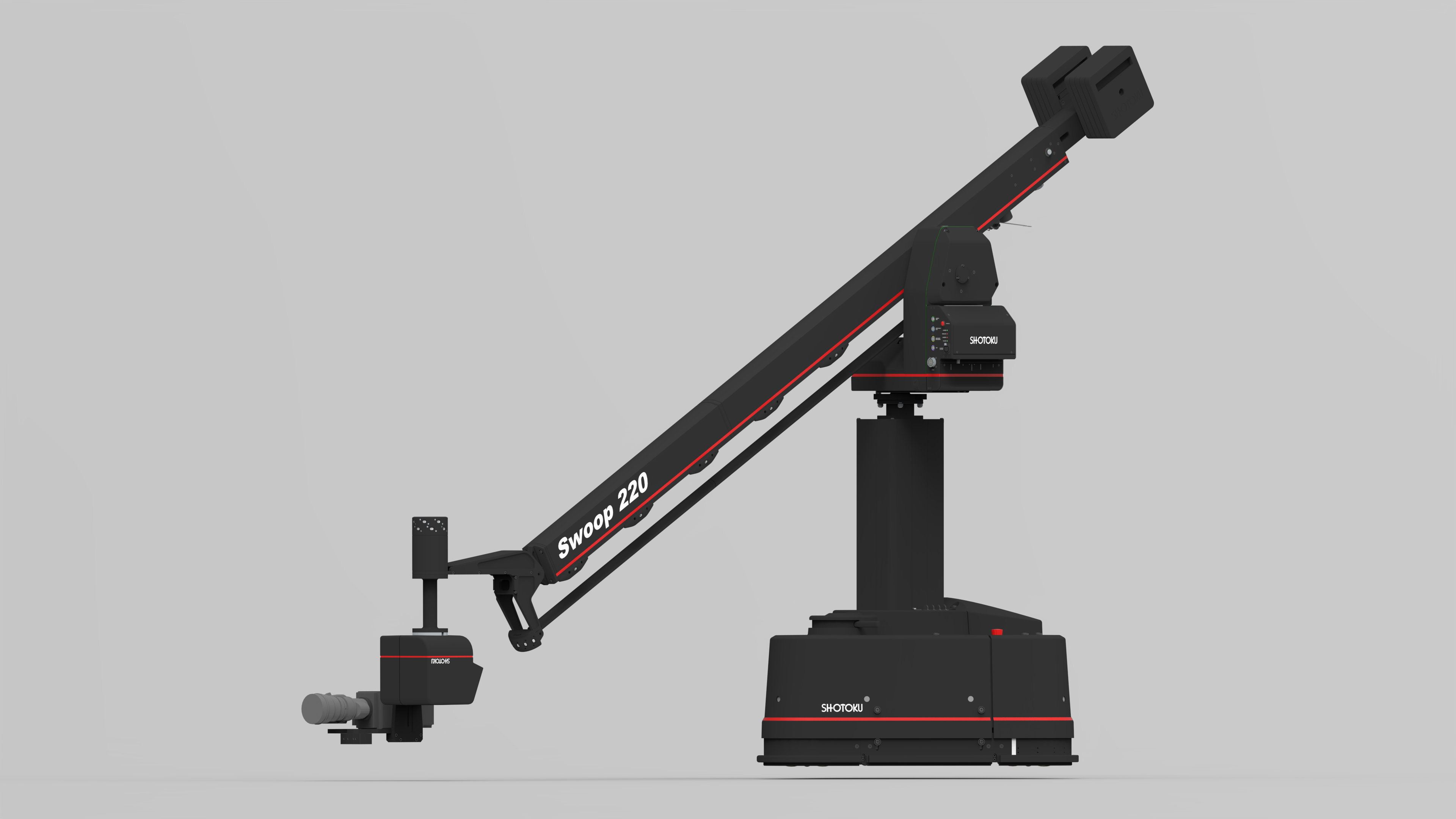Round 2: OET announces more white space device testing
The FCC’s Office of Engineering and Technology (OET) announced Oct. 5 it would conduct additional lab and field tests of low-power devices designed for use in the TV broadcast spectrum on unused channels.
The latest testing comes following the release of OET reports this summer showing that prototype TV band devices initially submitted for testing generally failed to detect the presence of DTV signals — a fundamental requirement to avoid interfering with broadcasters. Following the first round of tests, Microsoft, which supplied one of the two prototypes, said its system performed poorly because of a malfunctioning component.
Word that the OET will conduct more testing comes as the FCC received several letters from members of Congress cautioning the commission not to jeopardize the digital television transition with any action to authorize the use of personal, portable white space devices. A Sept. 26 letter from House Science and Technology Committee Chairman Bart Gordon, D-TN, to FCC chairman Kevin Martin called the proposal to allow such devices into TV spectrum “premature until such time that it can be proven that unlicensed, personal and portable devices will not cause harmful interference to the devices already using the TV spectrum.”
In making its announcement of the latest tests, the OET did not specify a date on which they would begin; however, it asked those wishing to participate to notify the OET of their intention as soon as possible and to submit devices at the earliest opportunity.
For more information, visit www.fcc.gov.
The professional video industry's #1 source for news, trends and product and tech information. Sign up below.
